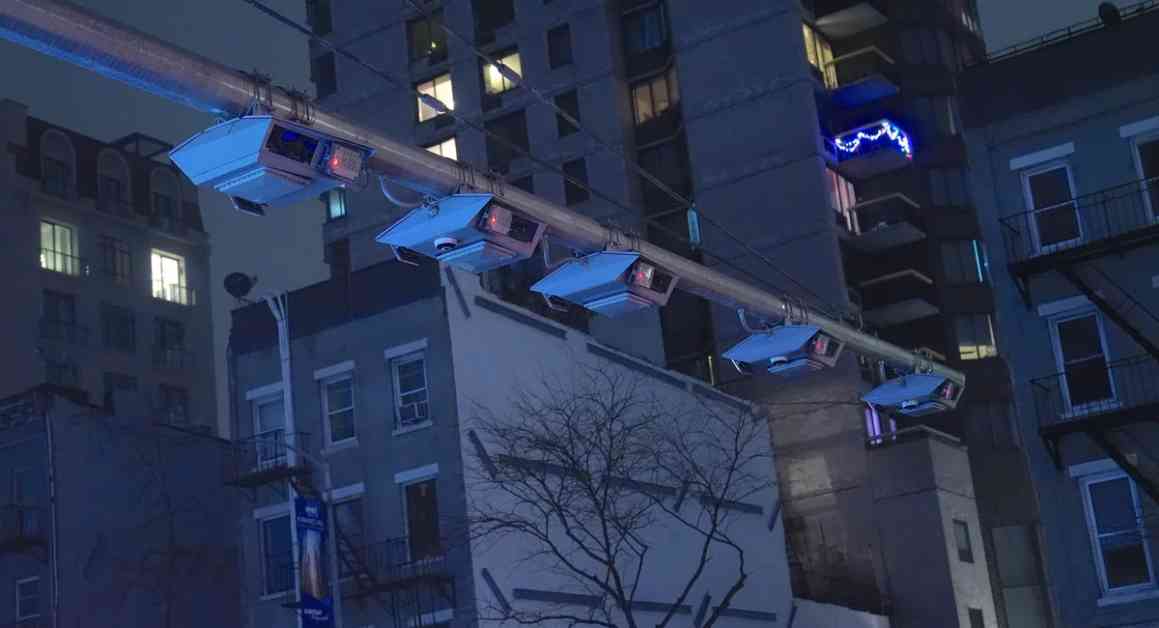NYC Congestion Pricing Begins Despite NJ Opposition
Congestion pricing in New York City is set to kick off this Sunday following a federal judge’s decision to dismiss New Jersey’s last-minute attempt to block the tolls. U.S. Senior Judge Leo Gordon’s ruling on Friday paved the way for the Metropolitan Transportation Authority (MTA) to implement the tolls as planned, marking a significant milestone in the city’s efforts to reduce traffic congestion in key areas while generating revenue for public transportation.
Legal Battle Unfolds
The legal battle surrounding congestion pricing reached a climax as Judge Gordon firmly denied New Jersey’s arguments for a delay, emphasizing the importance of moving forward with the tolling program. The decision came after a 72-page ruling earlier in the week that favored the MTA but left some ambiguity regarding the immediate implementation of the tolls. While Attorney Randy Mastro, representing New Jersey, vowed to appeal the ruling, the MTA expressed satisfaction with the court’s decision to proceed with the planned launch.
Environmental Concerns Addressed
Amidst the legal wrangling, Judge Gordon highlighted the need for the MTA and the Federal Highway Administration to provide more detailed plans on mitigating pollution and traffic impacts in New Jersey resulting from the tolls. This directive underscored the complexities involved in implementing congestion pricing and the importance of addressing environmental concerns to ensure a balanced approach to transportation management.
Looking Ahead
As New York City gears up for the introduction of congestion pricing, stakeholders on both sides of the debate continue to voice their perspectives on the initiative. While challenges remain, the upcoming launch of the tolls represents a significant step towards addressing traffic congestion and improving public transportation infrastructure in the city.
In the midst of legal battles and environmental considerations, the implementation of congestion pricing in New York City represents a pivotal moment in urban transportation policy. As the city prepares to roll out the tolls, the implications for commuters, businesses, and the environment remain at the forefront of public discourse.












